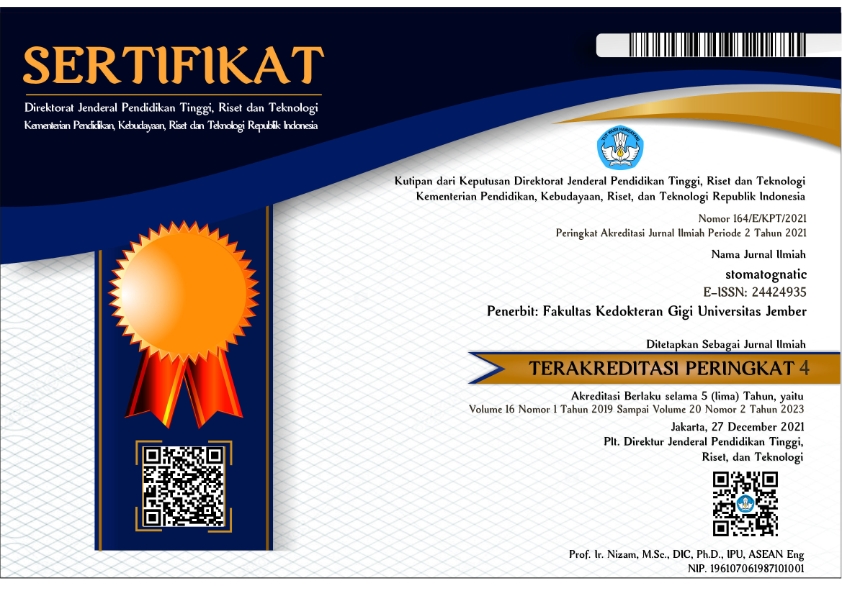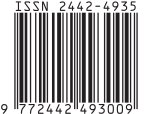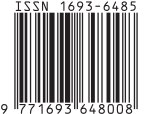PENGARUH PASTA GIGI EKSTRAK DAUN TEH (Camelia sinensis L) TERHADAP JUMLAH KOLONI Streptococcus sp. PADA PERMUKAAN GIGI
Abstract
Background. The primary step of caries process (cafited tooth) is plaque deposition on the surface area of teeth. The first variety of bacteria colonized in plaque is Streptococcus. This bacteria will produce sticky extracelluler gel which could trap another bacterias. The most effective method to prevent plaque accumulation is using mechanical way, such as brushing teeth. Herbal addition at toothpaste is expected to inhibit plaque deposition. Tea is one of herbal containing flavonoid which has an antibacterial. PURPOSE. This research is purposed for knowing the effect of toothpaste containing tea leaf extract (camelia sinesis L) to colony amount of Streptococcus sp bacteria on the surface area of teeth. METHOD. The type of this research is laboratory experiment using post test control group design in research approach. The subjects is 10 children under criterias, who are given an instruction of the proper way in brushing teeth at the first day. on the eighth, ninth, tenth and eleventh days, subjects are instructed brushing their teeth using placebo toothpaste, toothpaste containing tea leaf extract in 5%, 10% and siwak toothpaste (positive control), then gargling twice. Take the plaque sample on the surface area of teeth after 1 hour. The plaque sample will be diluted and inoculated in agar media of Streptococcus. RESULT. Decreasing amount of colonyof Streptococcus sp. after brushing teeth using toothpaste containing tea leaf extract
Published
2015-12-16
How to Cite
SETYORINI, Dyah; PRAHARANI, Depi; KURNIAWATI, Handian E.
PENGARUH PASTA GIGI EKSTRAK DAUN TEH (Camelia sinensis L) TERHADAP JUMLAH KOLONI Streptococcus sp. PADA PERMUKAAN GIGI.
STOMATOGNATIC - Jurnal Kedokteran Gigi, [S.l.], v. 8, n. 1, p. 44-50, dec. 2015.
ISSN 2442-4935.
Available at: <https://jurnal.unej.ac.id/index.php/STOMA/article/view/2086>. Date accessed: 20 apr. 2024.
Issue
Section
Articles







